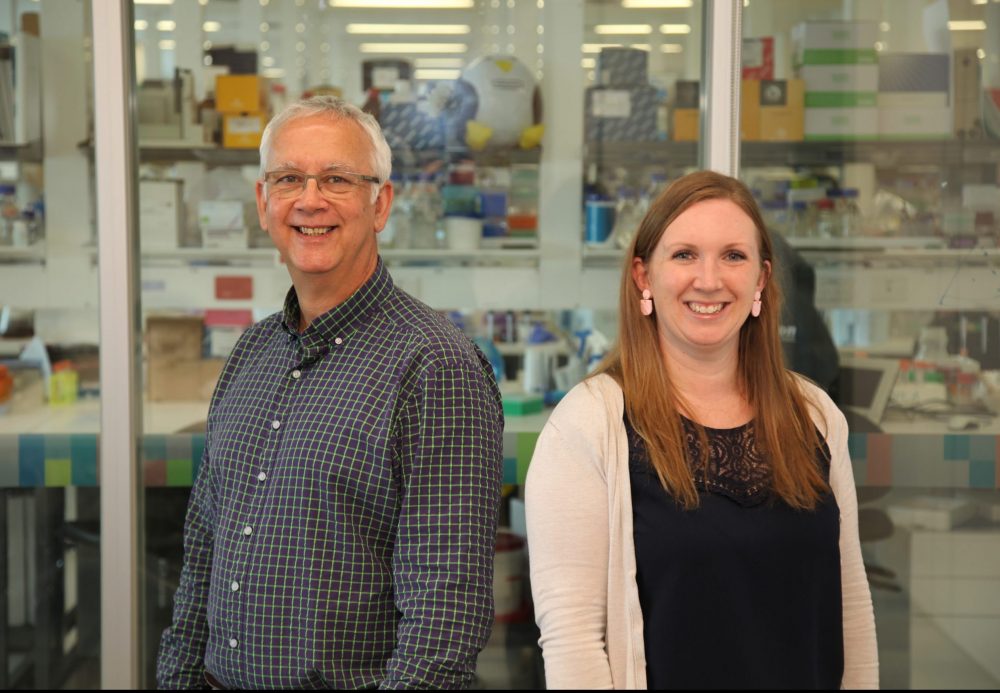International project exploring sex differences in disease
By Hudson Institute communications

Men and women are different. There is sex bias in disease prevalence, susceptibility, and severity. Response to drugs is also different.
Historically, most drugs have been optimised for use in males. This is because male animals have been the preferred sex for drug testing.
There is an urgent need to understand the sex-specific biology and mechanisms involved in disease and drug response, towards sex-based treatments.
One of the keys to this understanding lies in establishing whether genes, hormones or both are responsible.
Professor Vincent Harley from the Sex Development Research group at Hudson Institute is part of a team of researchers recently awarded a 5-year, $US3 million National Institutes of Health (USA) grant for the development of a pre-clinical model to identify the mechanisms underlying sex differences in disease.
Working with US collaborators Art Arnold (UCLA), Aron Guerts and Mandy Dwinell (U. Wisconsin), Prof Harley will help to create the so-called ‘Rat Four Core Genotype model’ which will be able to isolate contributions made by the sex hormones versus the sex chromosomes.
The model will provide new information regarding the origins of gender differences in disease by looking at variations from the typical XY (male) and XX (female) chromosomes.
“Successful development of the model relies on a deep understanding of the gene from the Y chromosome known as SRY,” says Prof Harley, who has been studying SRY in the brain and in the gonads since the discovery of SRY at the Crick Institute in London as a postdoc. “Genetic manipulation of the SRY gene to produce XX males and XY females is key,” he says.
“Genetic manipulation of the SRY gene to produce XX males and XY females is key,” he says. “Together with Janelle Ryan (pictured) and a postdoc to be recruited, the Hudson team will bring valuable SRY expertise to the project.”
The model can be applied to any medical condition where the sex bias is also observed in rodents. These include autoimmune diseases, infectious diseases, schizophrenia, neurodegenerative diseases, heart diseases and certain cancers.
Advocacy from sex differences researchers globally, including Prof Harley, has led to policy changes so that the NIH now mandates pre-clinical researchers to consider sex as a biological variable in grant proposals.
Collaborators | UCLA, USA; University of Wisconsin, USA
This research was supported by | National Institutes of Health, USA
About Hudson Institute
Hudson Institute’ s research programs deliver in three areas of medical need – inflammation, cancer, women’s and newborn health. More
Hudson News
Get the inside view on discoveries and patient stories
“Thank you Hudson Institute researchers. Your work brings such hope to all women with ovarian cancer knowing that potentially women in the future won't have to go through what we have!”






